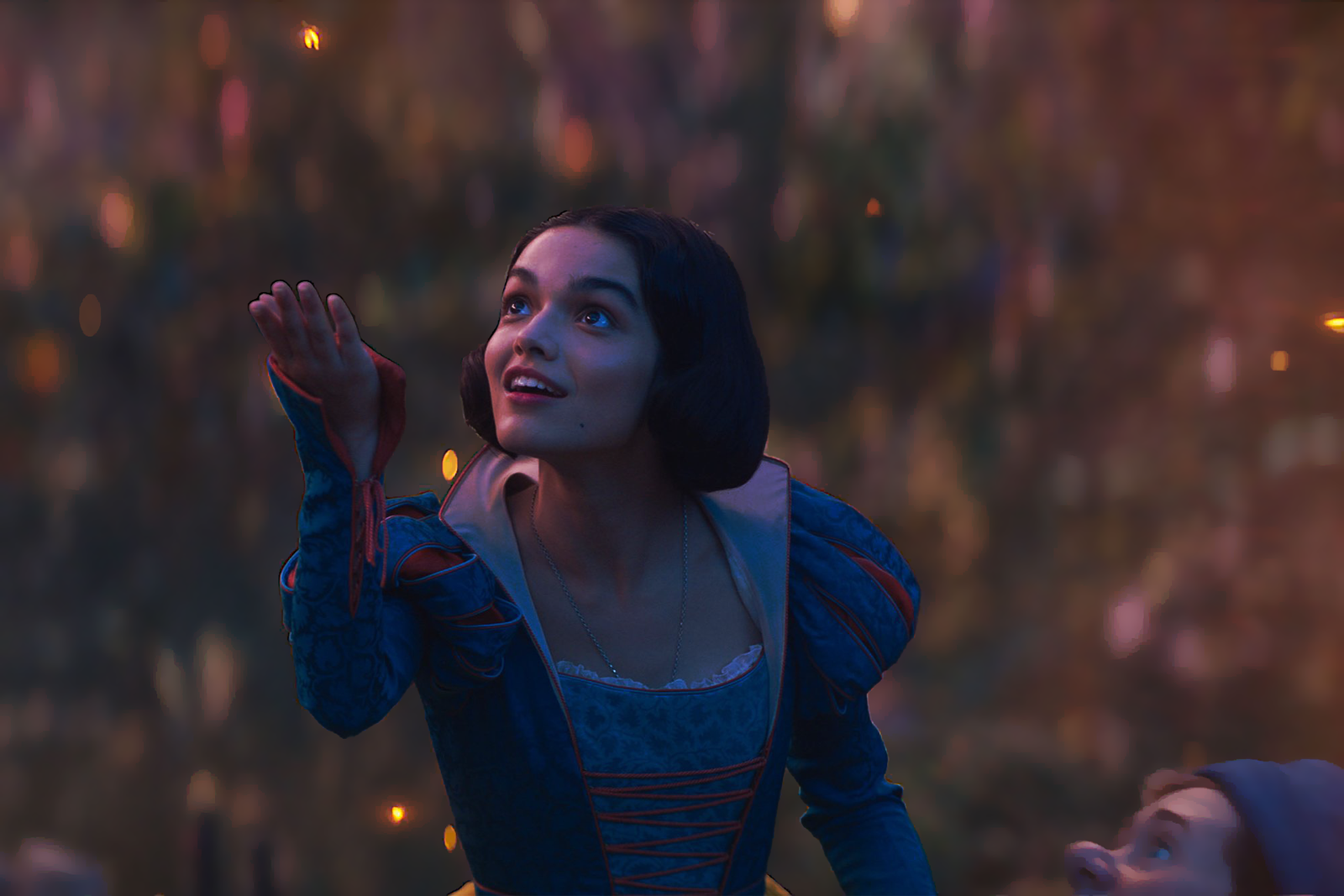
Far From Classic
When Disney released its 1937 animated Snow White and the Seven Dwarfs, it wasn’t just a movie—it was a moment that changed cinema. It was the first full-length animated feature in history, and it set the stage for what audiences came to expect from Disney: fairy tale magic, unforgettable music, and a deep respect for classic storytelling. That’s part of why the upcoming live-action Snow White has sparked so much debate. For many fans, the film feels less like a modern reimagining and more like a complete departure from what made the original so special. So what happened?
A Different Time, A Different Story
The original Snow White was a product of its time—rooted in early 20th-century ideals, crafted during the Great Depression, and reflective of Walt Disney’s own vision of optimism and hope. Snow White herself was an emblem of kindness and innocence, her story driven by themes of good versus evil, true love, and the triumph of purity. In contrast, the live-action version seems designed to tell a story for an entirely different audience. Disney has been clear about its desire to modernize its princesses, giving them more autonomy and a broader sense of purpose beyond traditional romance. Rachel Zegler, who plays Snow White, has spoken about how this version of the character is “not going to be saved by the prince” and is “dreaming about becoming the leader she knows she can be.” While there’s certainly an argument for updating classic tales to reflect contemporary values, many fans feel the pendulum has swung too far. The new Snow White barely resembles the character they grew up with. Gone are the singing animals, the cheerful innocence, and the love story that anchored the original. What’s left, critics argue, is a movie that uses the name but not the soul of Snow White.
The Dwarfs Are Missing—Literally and Figuratively
One of the biggest controversies surrounding the live-action remake is the reimagining—or near-erasure—of the Seven Dwarfs. Instead of the iconic group of miners with memorable personalities and a deep bond with Snow White, early promotional materials have suggested a different approach, including a more diverse group of characters that aren’t necessarily dwarfs at all.
Peter Dinklage, an actor with dwarfism, criticized the project early on, calling the original story "backward" in its portrayal of dwarfs. Disney responded by saying they would “avoid reinforcing stereotypes,” but in doing so, they’ve stripped away one of the most recognizable and beloved aspects of the original film.
For many, the Seven Dwarfs weren’t just comic relief—they were the heart of the story. They gave Snow White a home and became her family. Their absence, or dilution, changes the emotional core of the narrative
What’s in a Name?
Another point of tension is the use of the name Snow White. In the Brothers Grimm fairy tale and the 1937 film, Snow White is named for her “skin as white as snow.” In the live-action remake, there has been an effort to move away from this element, with Zegler (who is of Colombian and Polish descent) addressing it in interviews. Some have applauded this choice as a way to diversify the Disney princess lineup, while others see it as another sign the filmmakers are more interested in distancing themselves from the original material than honoring it.
Disney’s Growing Pains
In some ways, this controversy reflects a larger struggle within Disney itself. The company is attempting to balance its legacy with the demands of modern audiences. Its older films, including Snow White, are undeniably dated in some of their depictions. But by overcorrecting, critics say Disney risks losing the timeless quality that made these stories resonate across generations.
The live-action Snow White is not the first Disney remake to face this kind of scrutiny—The Little Mermaid and Mulan both sparked similar debates. But Snow White is different. It was the first, and for many, it’s sacred ground.
Is There Room for Both?
Some argue that both versions can coexist: the 1937 Snow White remains widely available, and the live-action film offers a new take for a new era. But for those who feel a deep connection to the original, the remake feels less like a respectful update and more like a rejection of what made Snow White endure in the first place.
As Disney continues down this path of reimagining its classics, it faces a difficult question: How do you honor the past while moving into the future? With Snow White, many feel they’ve yet to find the right balance.
